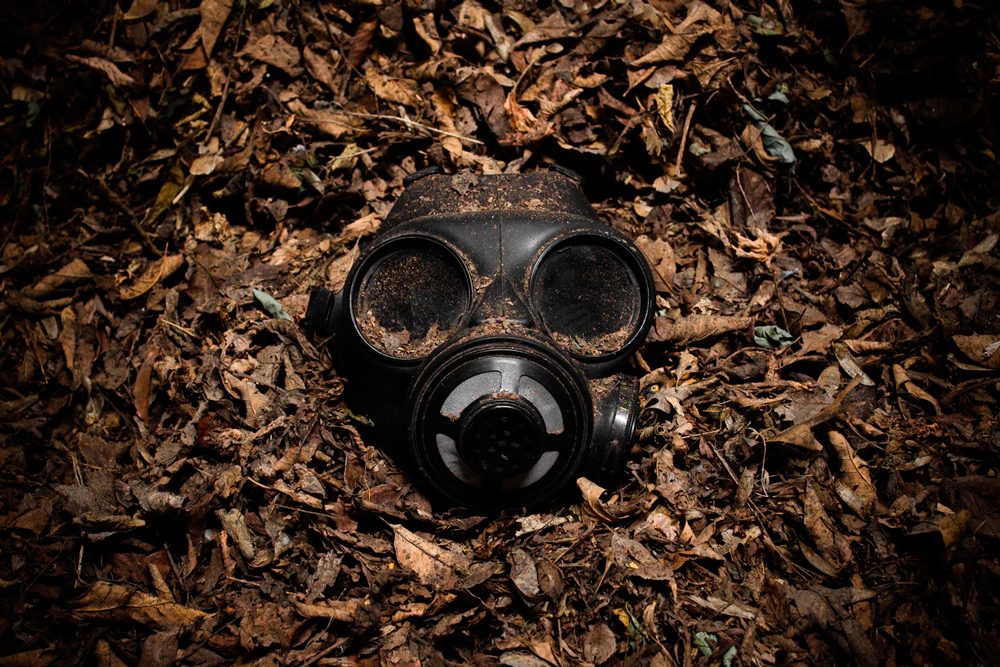
What Exactly Is Meth? (And Why It’s More Dangerous Than You Think)
Methamphetamine is an illegal, synthetic drug made from highly toxic, flammable, and common household ingredients. Commonly known as crystal meth, this addictive stimulant affects the central nervous system, giving the brain a pleasurable rush of energy. This increase in dopamine is what makes meth so addictive – energy, pain relief, and pleasure. But users can quickly become addicted and show meth addiction symptoms.
Initially given to soldiers during WWII to keep them energized and awake,¹ meth has also been used to treat depression, weight loss, and ADD/ADHD. The United States currently has several regulations to combat the distribution and creation of meth, but this only pushes the production to other countries. Demand is high, so meth is often shipped in; smaller American labs only supply locally.
Street names for methamphetamine include:
- Meth
- Crystal meth
- Speed
- Crank
- Ice
- Glass
- Shards
What Is Meth Made Of?
Meth ingredients, which may vary, can include²:
- Acetone (nail polish remover)
- Lithium (battery acid)
- Toluene (brake fluid)
- Hydrochloric acid
- Ephedrine or pseudoephedrine (cold medicine)
- Red phosphorus
- Sodium hydroxide (lye)
- Sulfuric acid (drain cleaner)
- Anhydrous ammonia (cleaner)
So, How Is Meth Made?
Meth is made using as many as thirty-two different chemicals,³ some of which may need to be broken down by solvents or heat before mixing. Meth is made by “cooking” several of these ingredients together, creating a chemical reaction, and a potentially dangerous environment – while meth recipes may vary, many of the chemicals involved are explosive, so fires and burns are common in meth “labs,” and the waste can seep into clothing, food, and even walls, creating a toxic home life for “cooks” and addicts.

How Is Meth Harmful?
Aside from the environmental hazards of cooking and living near meth production, the drug itself can be incredibly damaging to the human body. Clearly, these chemicals are not meant for human consumption! Unfortunately, meth users build up a tolerance quickly, requiring higher doses for the same result.
Meth addiction symptoms can range from fever-like temperatures to insomnia, skin sores and rotting teeth, paranoia and hallucinations, even death. The extreme nature of meth addiction may also encourage risky behaviors, resulting in loss of jobs, estrangement from friends and family, and legal trouble.
What If I Am Addicted to Meth?
The good news here is that, while what’s in meth makes it incredibly addictive, recovery is absolutely possible. If you or someone you love is struggling with meth addiction, there are many resources to help. Overcoming meth, using counseling, group therapy, social support, and detox, is possible! Contact Yellowstone Recovery today to learn your treatment options for a bright, sober future.
Sources:








